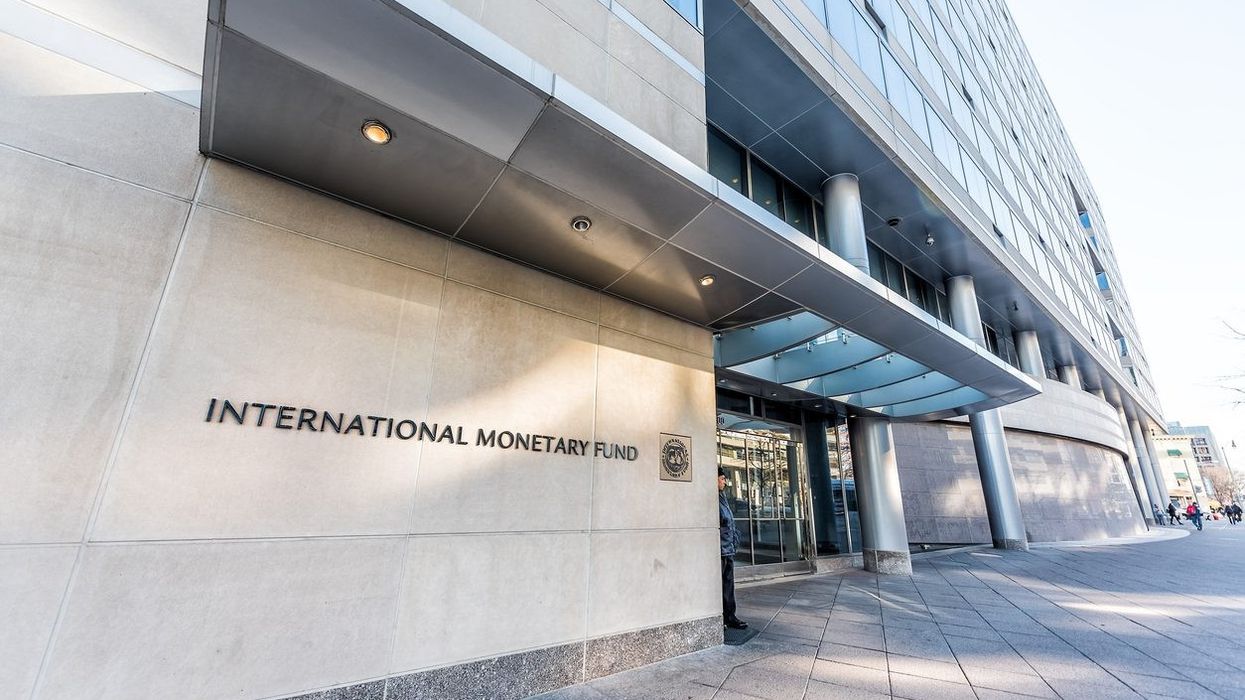THE International Monetary Fund (IMF) said on Friday it will support formulating a new economic programme for Pakistan if the country's new government seeks one, while encouraging the fair resolution of all electoral disputes.
Cash-strapped Pakistan grappled with an uncertain February 8 election that delayed the formation of a coalition government until new Prime Minister Shehbaz Sharif was sworn in on Monday, although a new finance minister has yet to be decided.
"We look forward to engaging with the new government to complete the second review under the current stand-by arrangement and, should the government request, support the formulation of a new medium-term economic program," an IMF spokesperson said in an e-mail.
Sharif has asked his government to open talks with the IMF for a new programme after clearing the stand-by arrangement.
Pakistan secured a $3 billion IMF stand-by arrangement last summer, but the country is still struggling with record inflation, currency devaluation and shrinking foreign reserves.
The party of jailed former prime minister Imran Khan asked the IMF last month to ensure an audit of the disputed February election before any more bailout talks with Islamabad.
The IMF said that while it did not comment on domestic political developments, it encouraged the fair and peaceful resolution of all electoral disputes, given the importance of the institutional environment for economic stability and growth.
"If developing countries are to prosper and grapple (their) way out of debt and borrowing, the lender needs to be as responsible," said Zulfikar Bukhari, Khan's close aide and spokesman for his Tehreek-e-Insaf party.
Pakistan's finance ministry did not immediately respond to a request for a comment.
After a new cabinet is formed, the IMF is ready to send a mission for the second review of the stand-by arrangement, its communications official Julie Kozack told a briefing, adding that its focus is to complete the existing programme, which ends in April.
"With good compliance of IMF stand-by arrangement, I think the probability for Pakistan to get a 3 to 4 year programme is high," said Mohammed Sohail, the CEO of Karachi-based Topline Securities.
Pakistan's sovereign dollar bonds gained as much as 4 cents on Friday, to hit their highest level since early 2022.
The 2036 maturity gained the most, adding 4.13 cents to trade at 77.68 cents by 1057 GMT, on track for a weekly rise of some 6 cents, its third straight week of gains, Tradeweb data showed. (Reuters)




